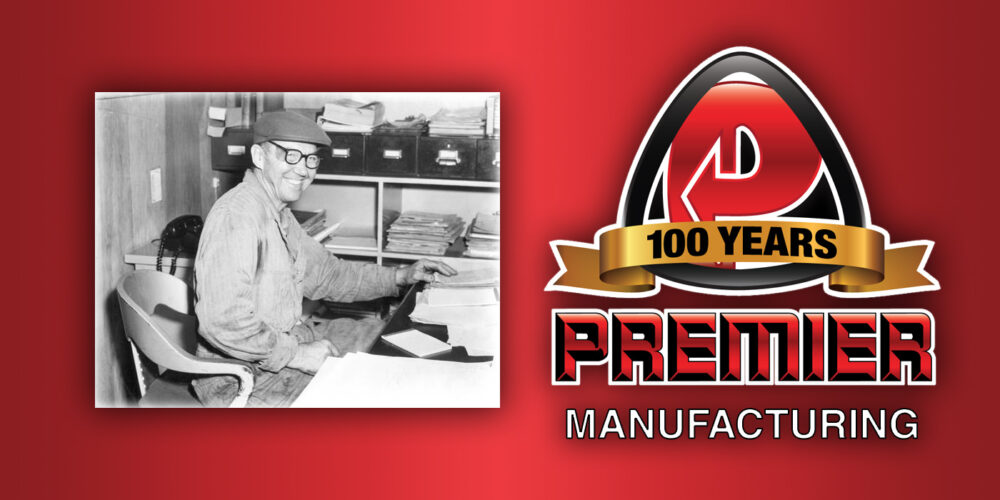You have a thirsty fleet. Your trucks require a number of fluids to run efficiently and go the distance when it comes to life cycle expectations. For a fleet manager, bulk fluids can be a cost-effective solution, but having a 1,000-gal. tank of windshield wiper fluid might not be entirely necessary. What should and shouldn’t be bought in bulk?
Fuel and lube are valuable and constantly in demand, so having these in bulk is a good idea.
“Fluids like HDDEO, RRDEO, hydraulic, PCMO and ATF are just a few that are often purchased in larger, bulk volume, typically steered by the sheer number of equipment size, number of fleet equipment and product cost, as bulk tends to be less expensive,” says Kenneth Tyger, director of technical services with D-A Lubricant Co. Inc. “Most large fleets operating under a strict maintenance plan will utilize considerable fluid volume.”
According to Tyger, generally speaking, vegetable-based oils are not recommended for extended storage. Such fluids tend to have poor resistance to oxidation and are more sensitive to excessive light and heat in their environment. To put it simply: they’re more likely to go bad when stored for extended periods.
“Proper fluid management should be a major consideration and action point.”
—Kenneth Tyger, D-A Lubricant Co. Inc.
“Other fluids to avoid in bulk volume would be those that are hygroscopic and highly sensitive hydraulic fluids, like those with dielectric strength or filtered to less than 5 micron,” Tyger says.
There’s no doubt that this fluid management business is important to any fleet. Every drop represents a financial investment and should be treated as such.
“Proper fluid management should be a major consideration and action point,” Tyger says.
Luckily, there are ways to maximize your investment by proper storage. Some fluid management techniques and process can cost a little more than just leaving oil in a plastic bucket, certainly. But in the end, being proactive will save you long-run money.
“From a simple logistics standpoint, clean, dry, ambient temperature-controlled tank farm or storage facility will go a long way in protecting bulk fluid and overall fluid management,” Tyger says. “Fluid management from an oil analysis standpoint is just as critical. A company will always share that any practiced oil analysis program is designed as a maintenance tool.”
Tyger also notes that you shouldn’t just assume your oil storage and application practices are sound. Oil analysis is the only way to be sure.
“Oil analysis sampling can reduce unexpected failures, reduce downtime, extend oil drains and lower repair costs,” he says. “I often say that oil analysis not only provides a nice snapshot of the health of the lubricant, but of the application as well. It is always important to be predictive, proactive and preventive—never reactive! Fluid management in relationship to oil analysis begins with relatively inexpensive lubricant testing.”
There’s no doubt that you have to spend money to make money, and in the case of fluid management, that’s no different, and your investment will be returned in unspoiled, proper fluids.














